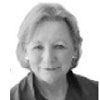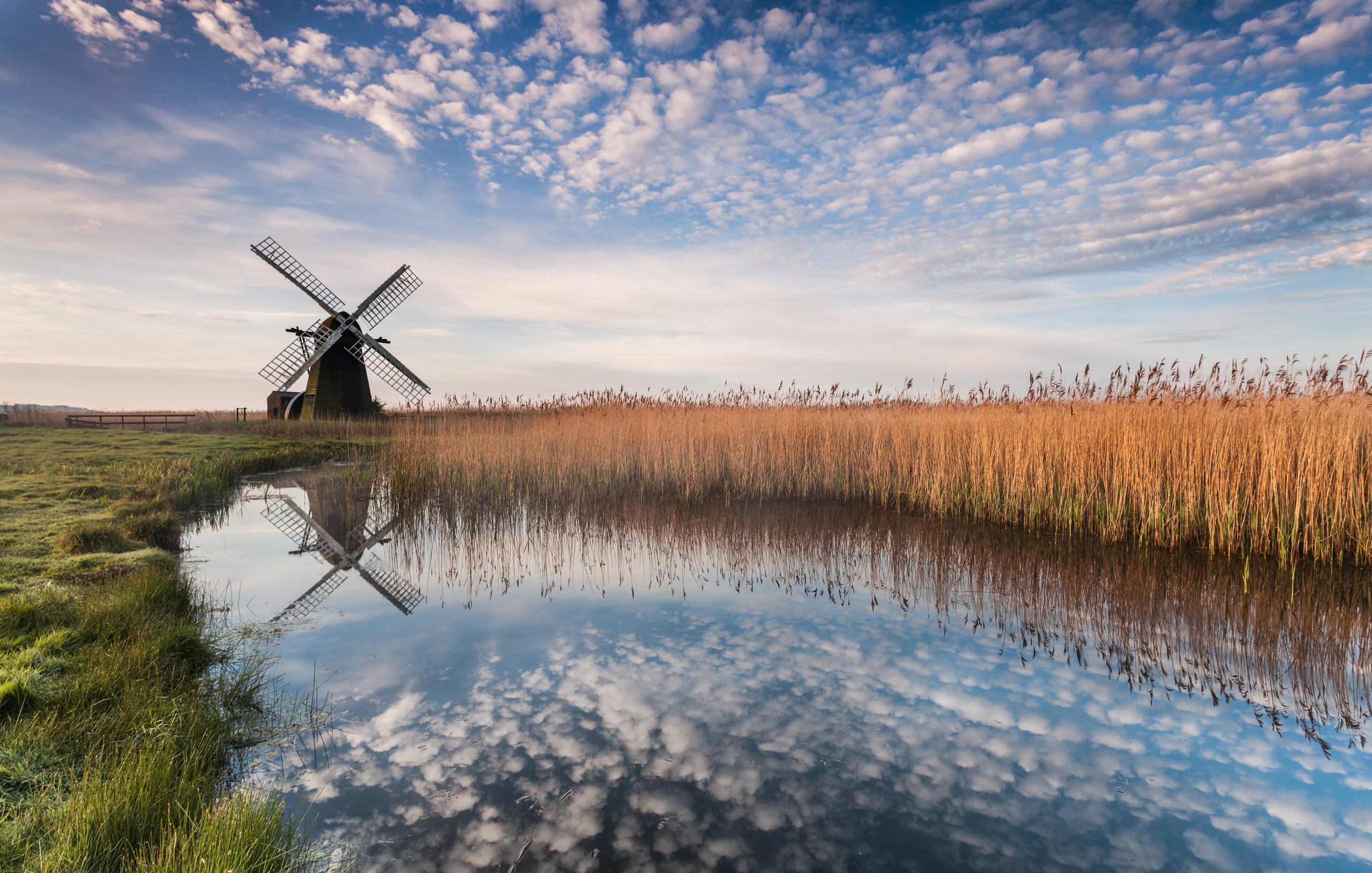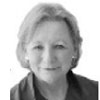Carla Carlisle: 'I think I sound as English as Judi Dench, but strangers still ask “where are you from?"'
Our columnist Carla Carlisle bumps in to a milestone in her life, prompting her to take a look at the nation of her birth — but her chief emotion isn't homesickness.


Milestones are like hailstones: their arrival comes as a surprise, but they melt away quickly. I’ve now lived in England twice as long as I lived in the land of my birth. I’m the wife of a man born in Wales, the mother of a son born in the Hammersmith Hospital and a British passport is nestled in my sock drawer. I think I sound as English as Dame Judi Dench, but I rarely meet a stranger who doesn’t ask ‘where are you from?’
First-time visitors to the garden look surprised when they see a row of wooden rocking chairs spread across the fictional veranda. They think it’s exotic to sit and rock and gaze at the sheep in the meadow.
What’s missing from this Southern tableau is the percussion of screen doors slamming. I’d bet my last nickel that climate change will convert the English to the miracle that lets in the air and keeps out the flies. And there is another Southern essential: fans. Towards the end of his life, my father came to live with us. Almost his last words of wisdom were: ‘I know the English don’t believe in air conditioning, but this house needs some ceiling fans.’ We now sit under the memorial fans. They stir the air and calm the spirit in this house that is older than America.
My father died expecting to wake up in the night and require a selection of reading matter. His deathbed companions were John Grisham, P. D. James and W. B. Yeats, citizens of three different countries bound by a common language. I spent that summer reading those three volumes with the crazy hope of a shipwrecked sailor looking for a message in a bottle. I no longer remember the Grisham or the James, but, last weekend, the Yeats poem came back to me.
As I watched in horror a small Mississippi Delta town called Rolling Fork being wiped off the face of the earth by a 200mph tornado, I could hear the voice of my father speaking the lines:
Turning and turning in the widening gyre The falcon cannot hear the falconer…
How can we hear the falconer in an age when we are witnesses to daily horror shows of devastation? We’ve lived through two years of body counts from a pandemic and a year-long tragedy of destruction wrought on Ukraine, the shock at that war interrupted by scenes of the earthquake in Turkey and Syria. If we’re deaf to the falconer , it is our guilty instinct for survival.
The tornado feels personal. I was born 75 miles from that small town, but this is not the Mississippi I left behind. For a start, the soft-spoken mayor of Rolling Fork is a black man called Eldridge Walker. Most of the citizens of these Delta towns, the poorest towns in the poorest state in America, are black, but in the South of my youth, the notion of meaningful racial integration, beginning with the right to vote, was under attack. There were no black mayors because there were no black voters. Mr Walker is also the funeral director, a position in a Southern town that ranks in dignity and significance above mayor. It’s progress, but not a miracle.
Exquisite houses, the beauty of Nature, and how to get the most from your life, straight to your inbox.
Even in this impoverished small town, there are two schools. In 1970, one year after the Supreme Court ordered the desegregation of schools, the Sharkey-Issaquena Academy was founded, a private, non-sectarian school. Almost every town, however small, however poor, has a private (white) academy. The racial impasse — what my father called ‘the agony of the soul’ — is not over.
I was still staring at scenes of the deadly tornado when another Southern scene pushed Rolling Fork into the background: a shooting in a primary school in Nashville, Tennessee, three nine year olds dead, three teachers dead. And this time, the shooter is dead. I hear myself say ‘Thank god’, but who is not relieved when the bad guy with a gun is shot by a good guy with a gun? Especially when we remember how many were killed in Uvalde, Texas, last May, when a man with the AR-15 semi-automatic rifle killed 19 students and two teachers as the police lingered outside the school.
Things fall apart; the centre cannot hold; Mere anarchy is loosed upon the world.
I love Nashville. I have cousins there: one a doctor at Vanderbilt University Hospital, another a country-western singer with two little girls under nine. Nashville is home to three writers I love — Ann Patchett, Margaret Renkl and Jon Meacham — and home of the country music I listen to in my kitchen late at night.
The city is also the capital of the state with some of the most permissive gun laws in the country. You don’t need a permit to buy a gun in Tennessee, nor a licence to own one. If you buy your gun from a private seller, you don’t even need a background check. The 28-year-old assailant in the primary-school shooting legally bought seven firearms from five local gun shops in the months before her killing spree, including an AR-15 semi-automatic rifle.
One in 20 Americans owns an AR-15, which can fire 60 rounds a minute. That’s faster than the speed of sound.
The blood-dimmed tide is loosed, and everywhere The ceremony of innocence is drowned;
The South is a land of readers and writers. I may sound prejudiced, but I suspect the Southerners who read Yeats don’t tend to own semi-automatic rifles and they send their children to a small school like Covenant Primary in the belief it will protect them from the stench of violence. These days have not made me homesick, only home-sad. Turning to poetry can feel like a retreat as the world gets hotter, the tornados become more violent and the guns more powerful and more plentiful, so more people are killed in the shortest time. But the question must be asked:
And what rough beast, its hour come round at last, Slouches towards Bethlehem to be born?
